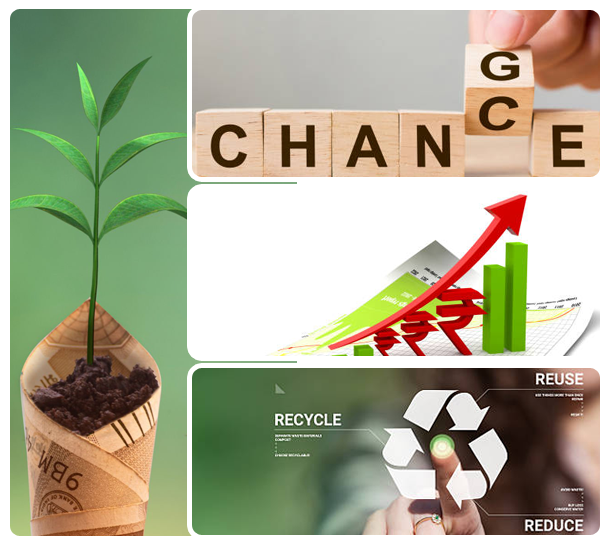Why is plastic recycling important and what are the challenges faced by the industry?
Plastic recycling is extremely important, both as a method to deal with our existing waste and as a component of both circular economy and zero-waste systems that aim to reduce waste generation and increase sustainability. There are social, environmental, and economic consequences surrounding our current waste generation and disposal habits, and whether that is the issue of microplastics and lost resources to fisheries, aquaculture, recreational activities, and global wellbeing, the impact is no longer in doubt.
However, meeting the challenges posed by plastics is not simple, and there exists a lack of awareness surrounding the plastic waste problem. there has been a lot of pushbacks against implementing real change—mainly from the plastics industry itself. Recently, the tide seems to be turning on this issue as more people look for sustainable options and educate themselves about why plastic recycling is important.



Today, as both consumers and businesses look to recycle more materials, there is a lack of knowledge on how to do it effectively. This creates issues in the form of contamination, either by mixing non-recyclable plastics with recyclable plastics or trying to recycle plastics soiled by things like adhesives, chemicals, and food remnants that further impedes the recycling process. Both of these problems can lead to plastics being sent to the landfill rather than recycled.
Another complication is found within the products themselves. While some goods, like water bottles and other drink bottles, are frequently made from a single, common plastic (such as PETE) allowing them to be easily recycled, many others are designed to use a mix of plastics, which can cause serious issues in our current plastic recycling process. What’s more, many products are a mix of plastics and non-plastics such as wood or metal. Sadly, these products won’t even go near a recycling centre.
-

Plastic Recycling creates a sustainable and robust economy due to its ‘circular’ nature.
-

Recycling plays a vital role in reducing the environmental impact of plastic manufacturing.
-

First, Recycling creates a circular economy for the waste generated.
-

Recycling in other terms is nothing but giving a piece of waste another life.
-

Let’s continue to think about waste differently. We have the freedom to evaluate our waste impact and deliver real solutions, have real conversations, and make real contributions to reducing waste.
ECOPAC © 2025








